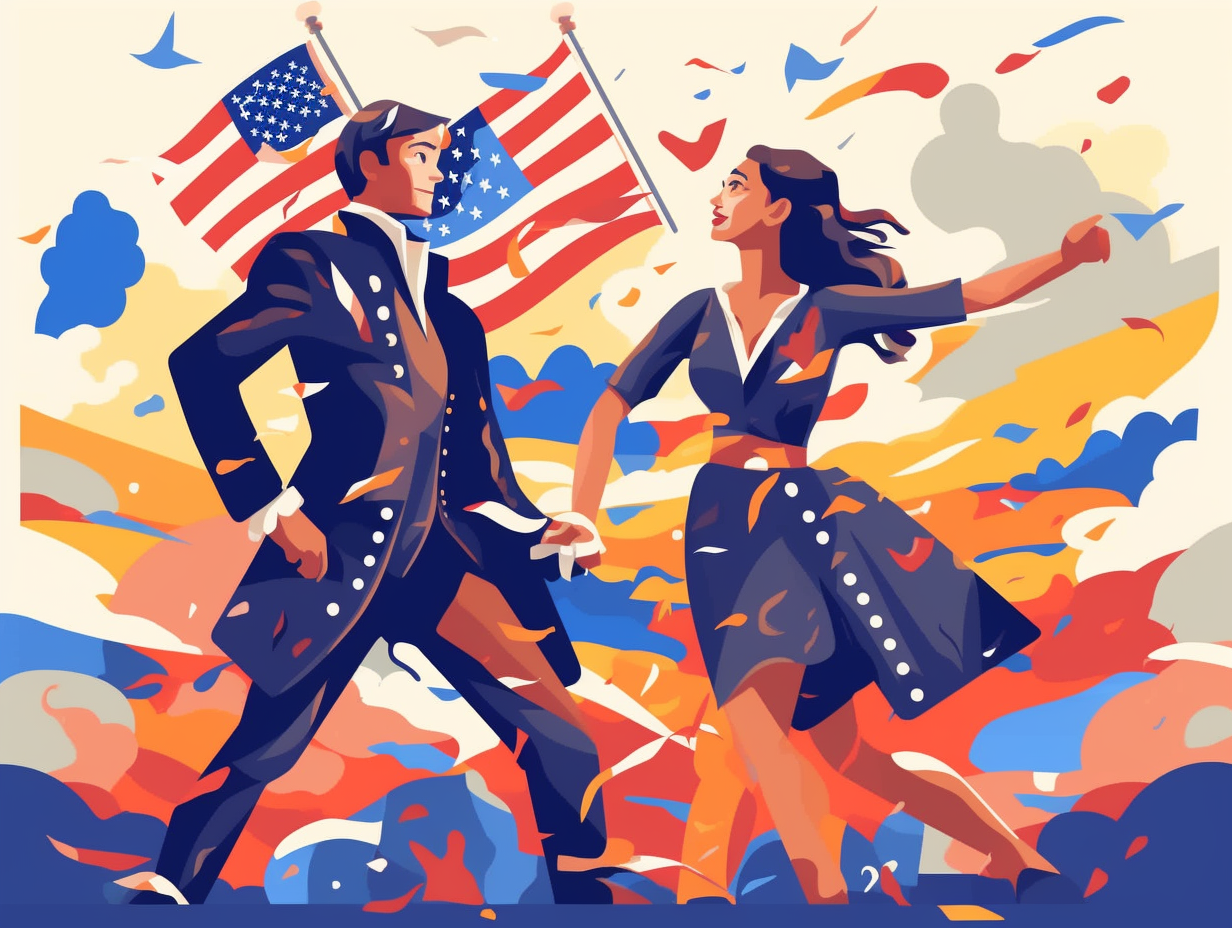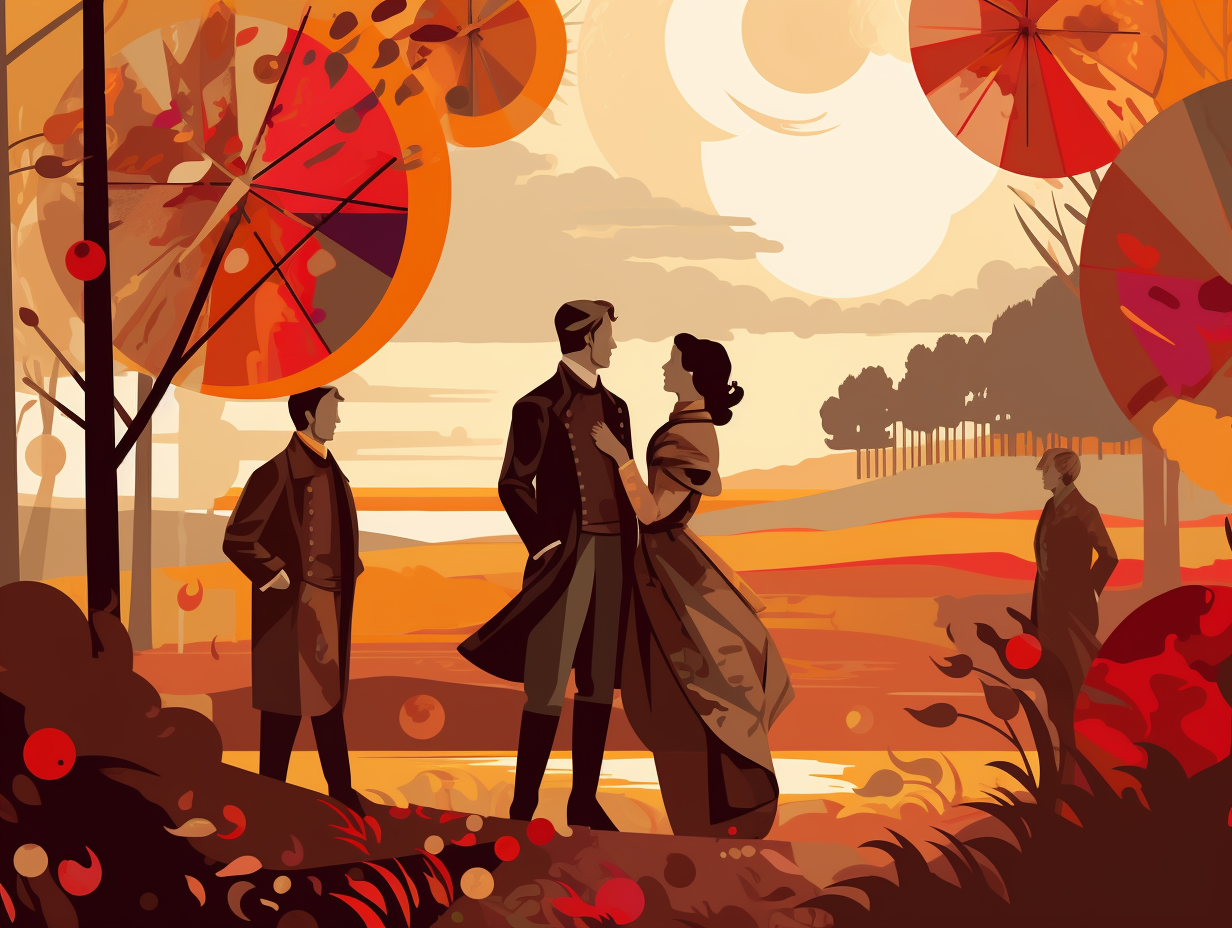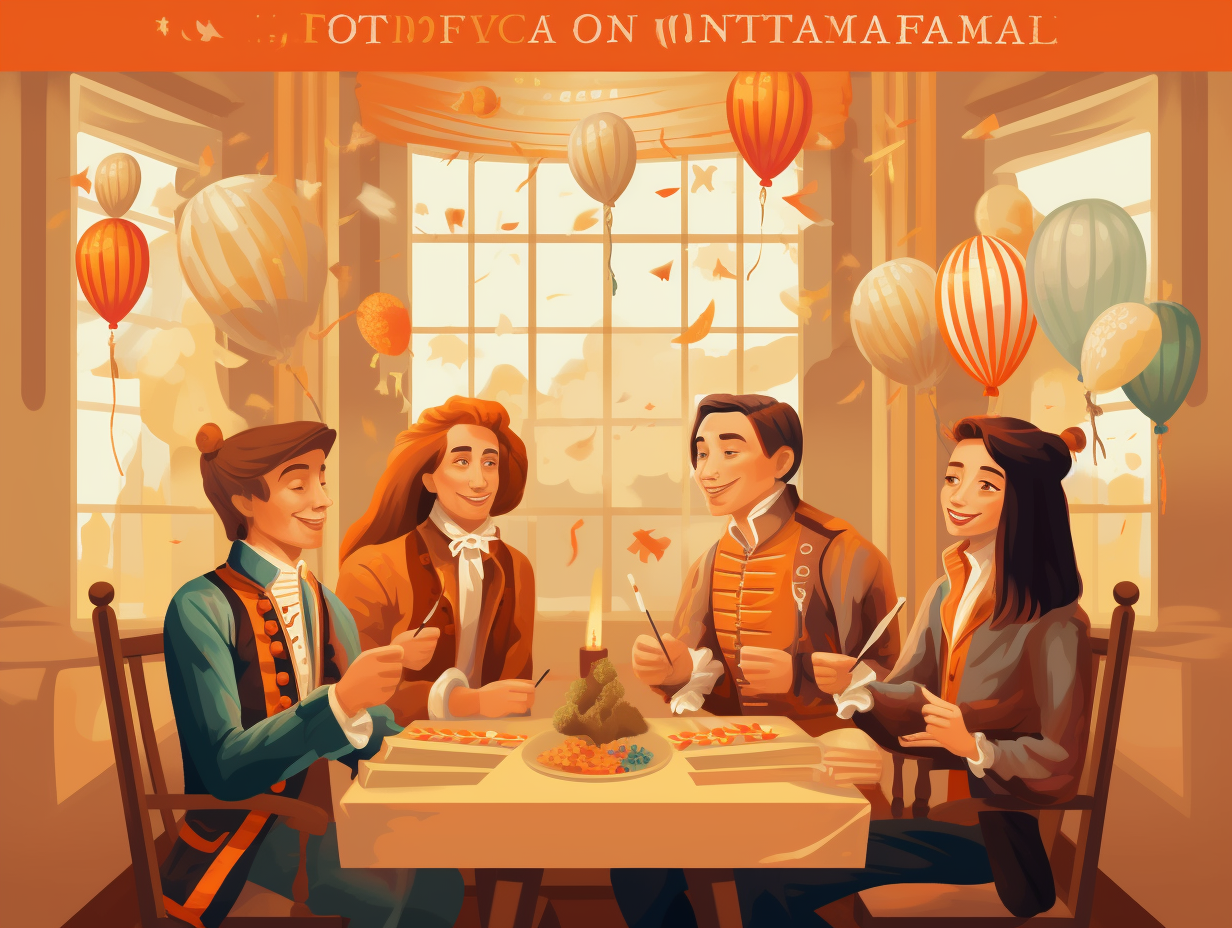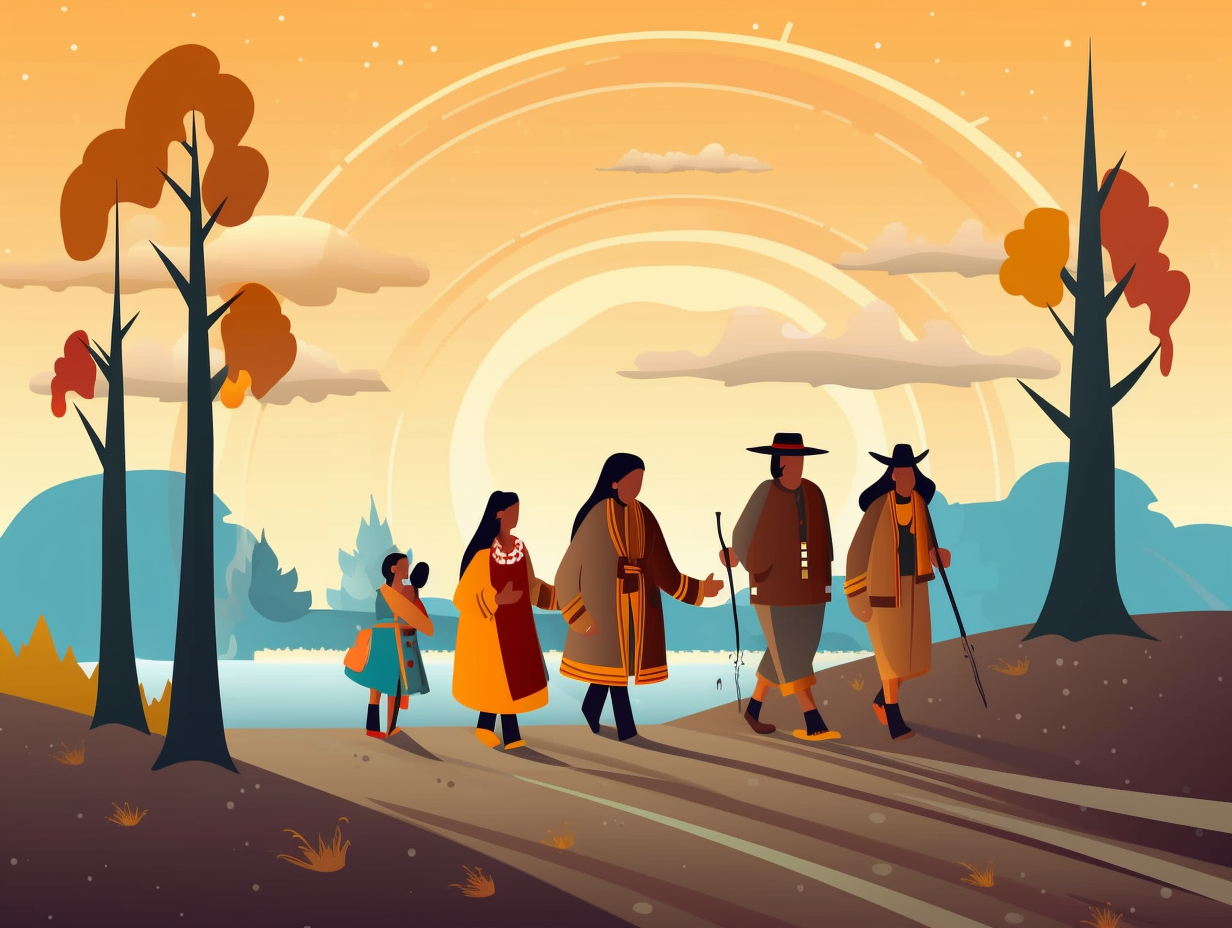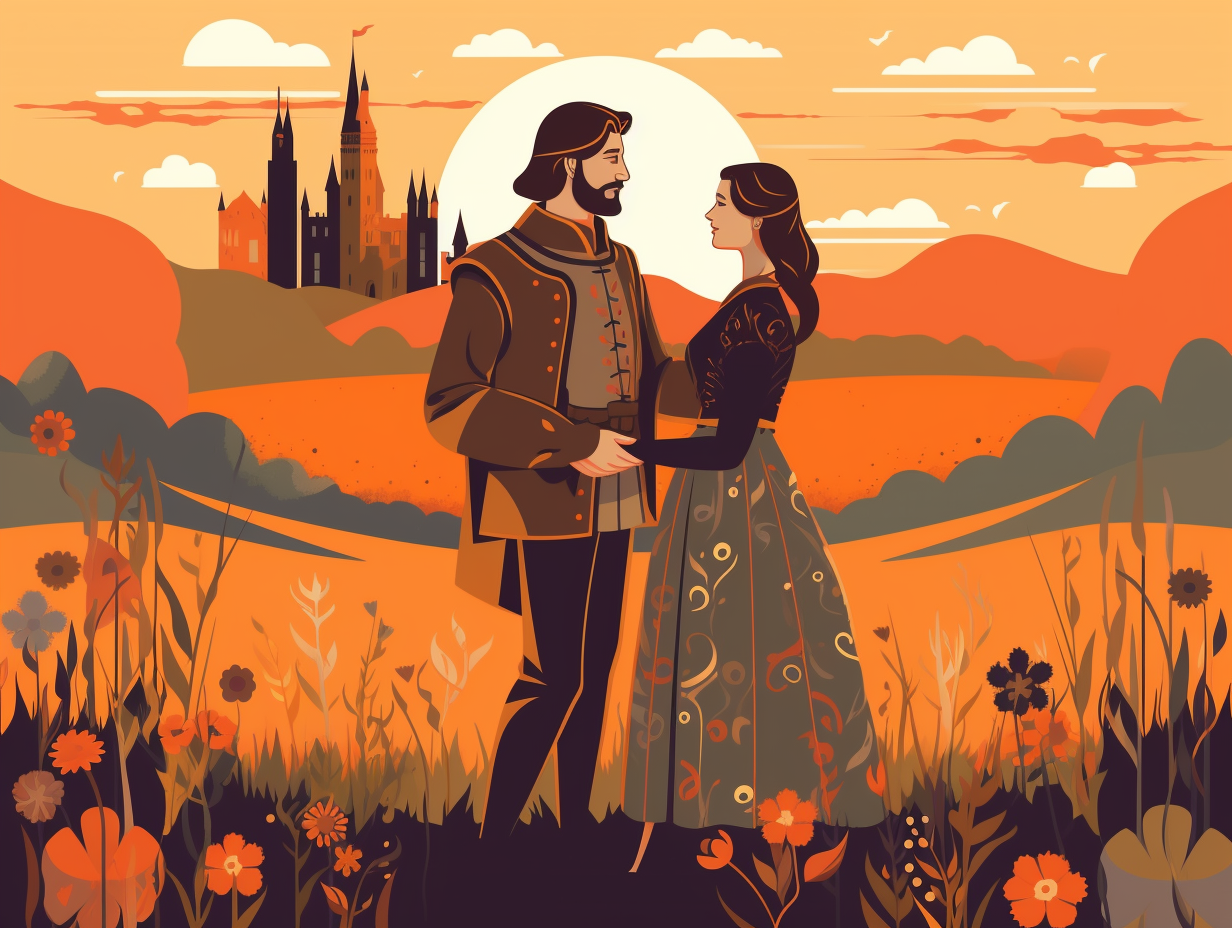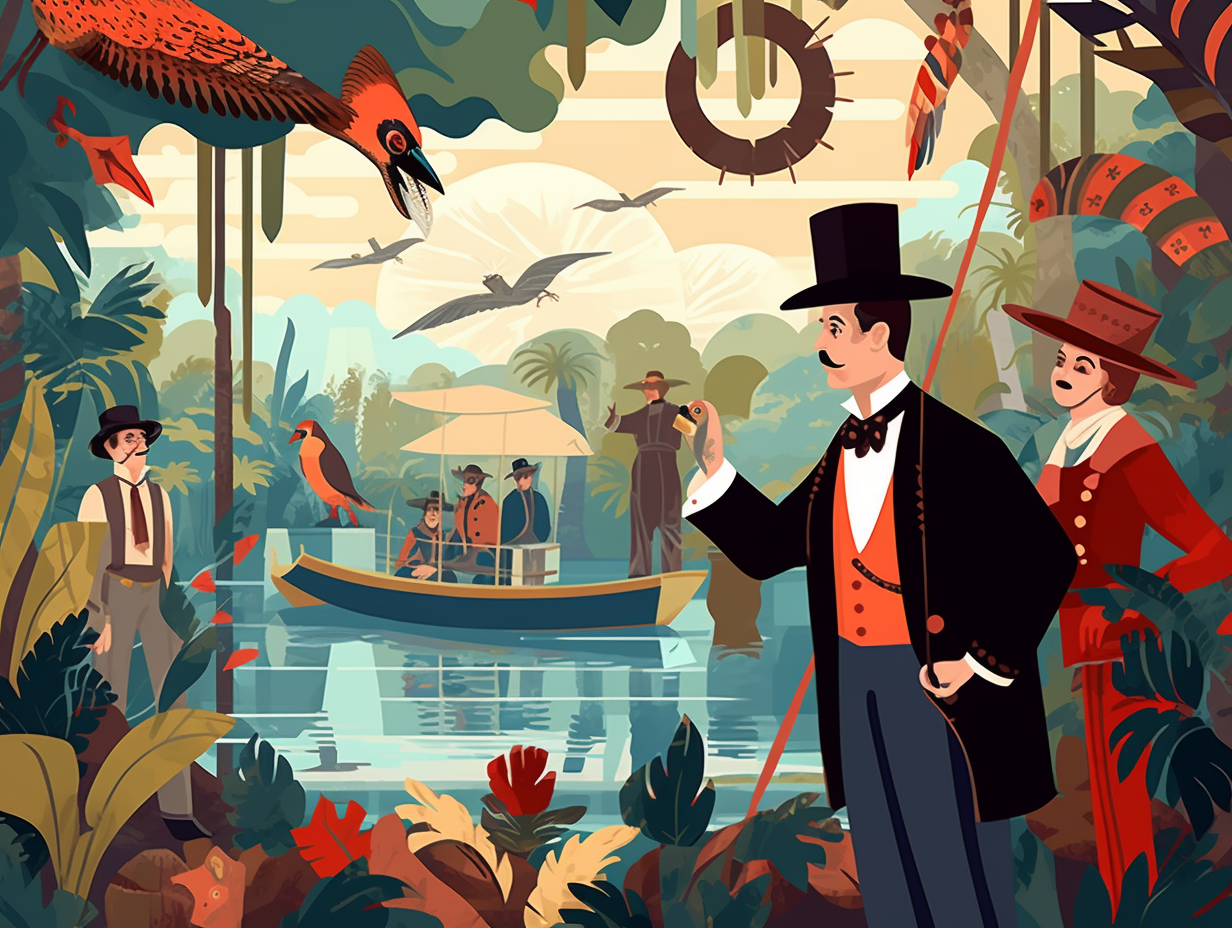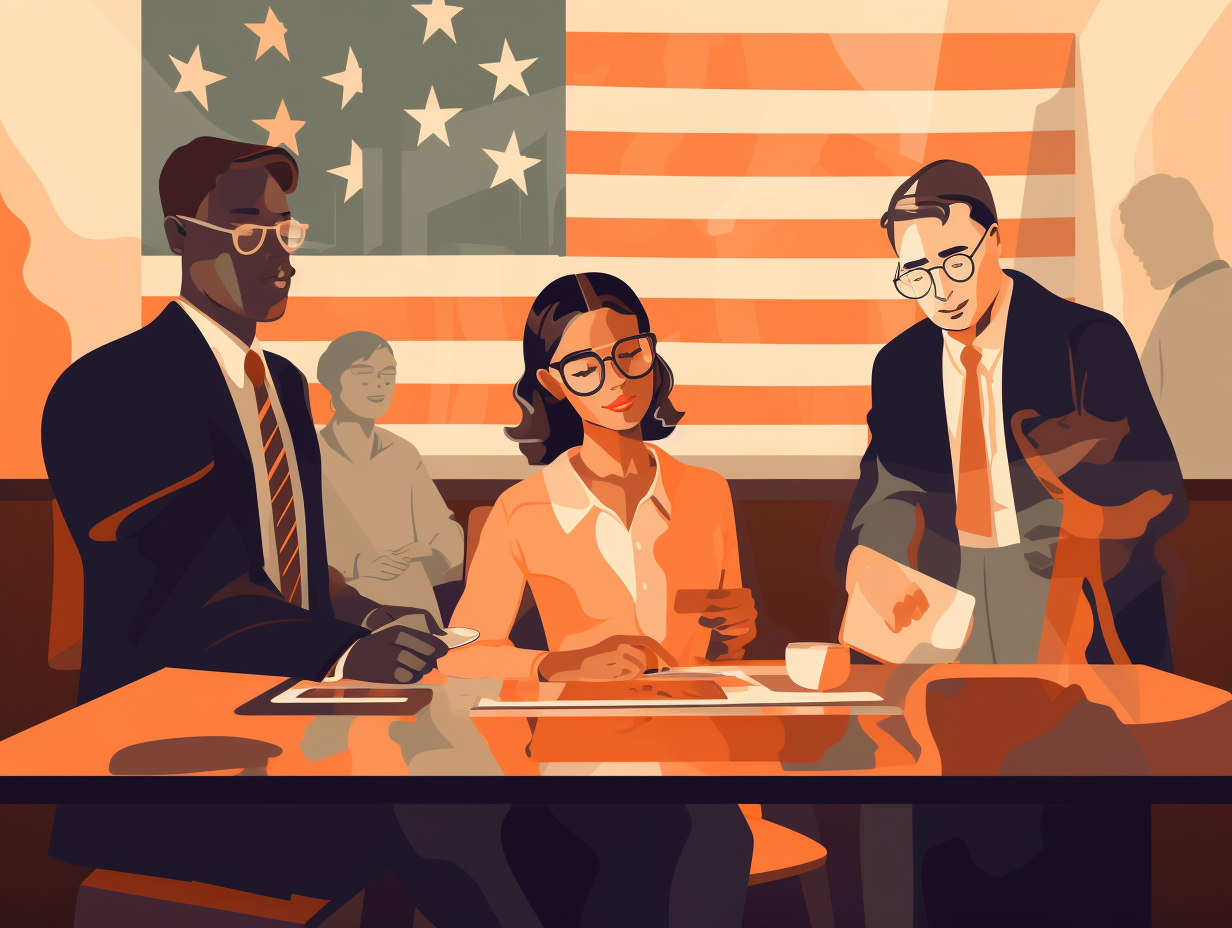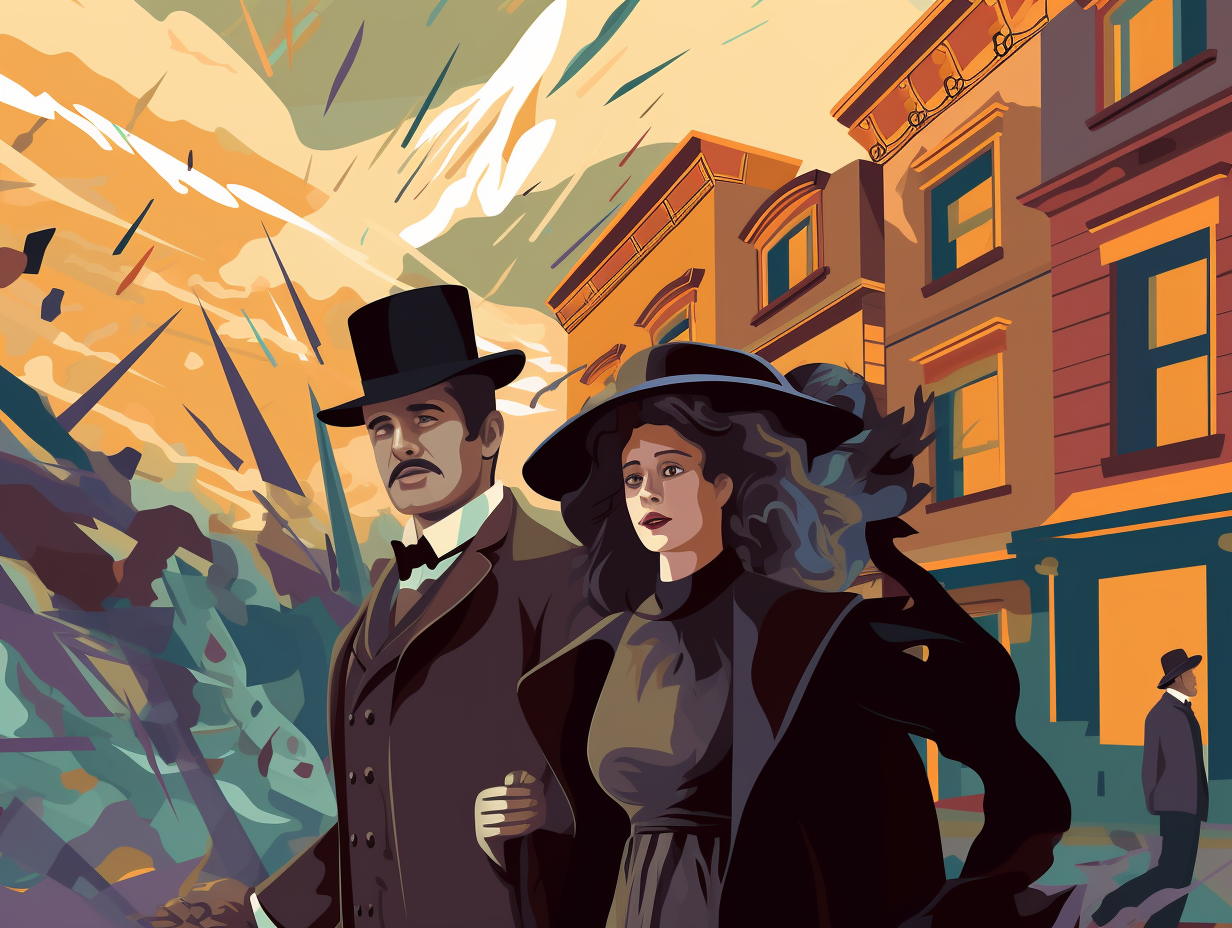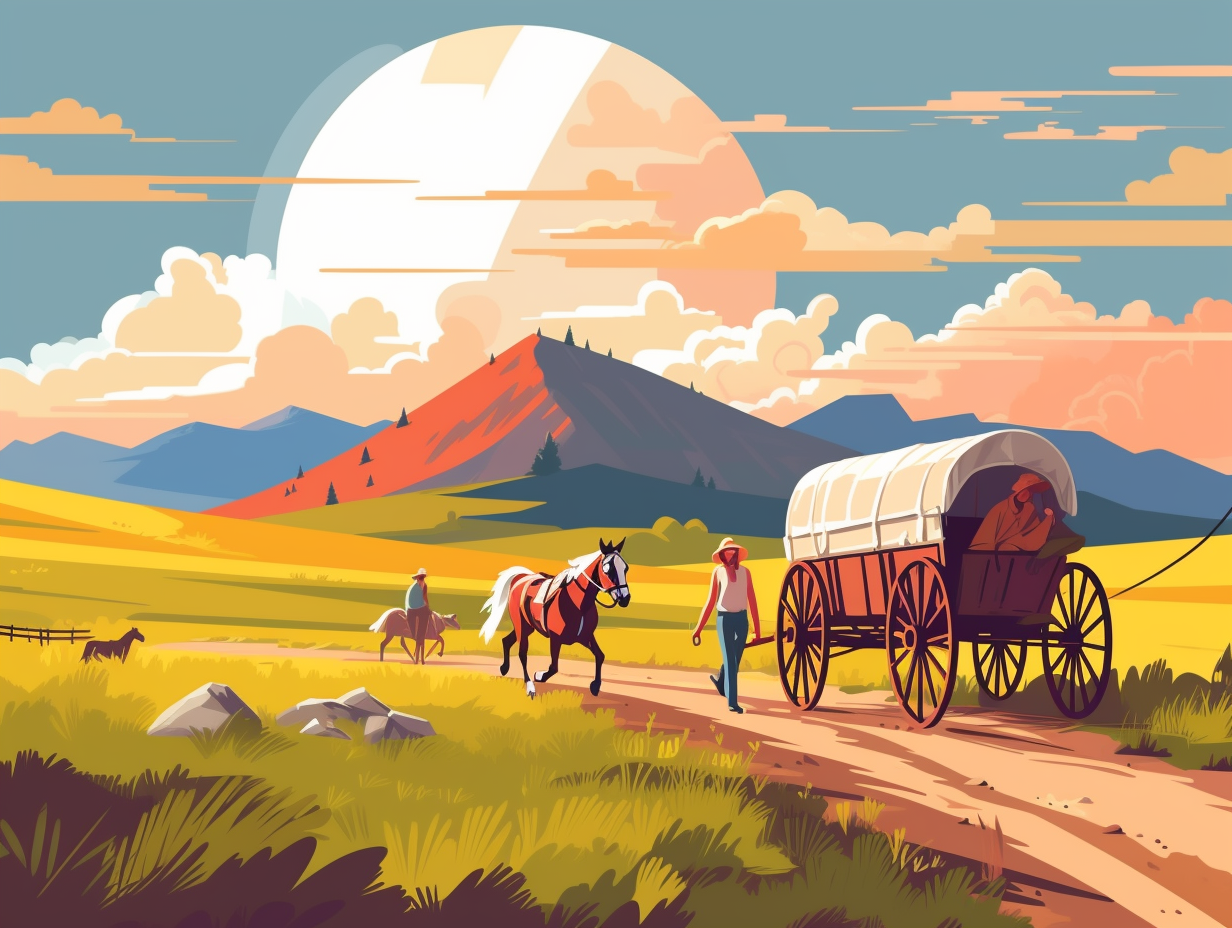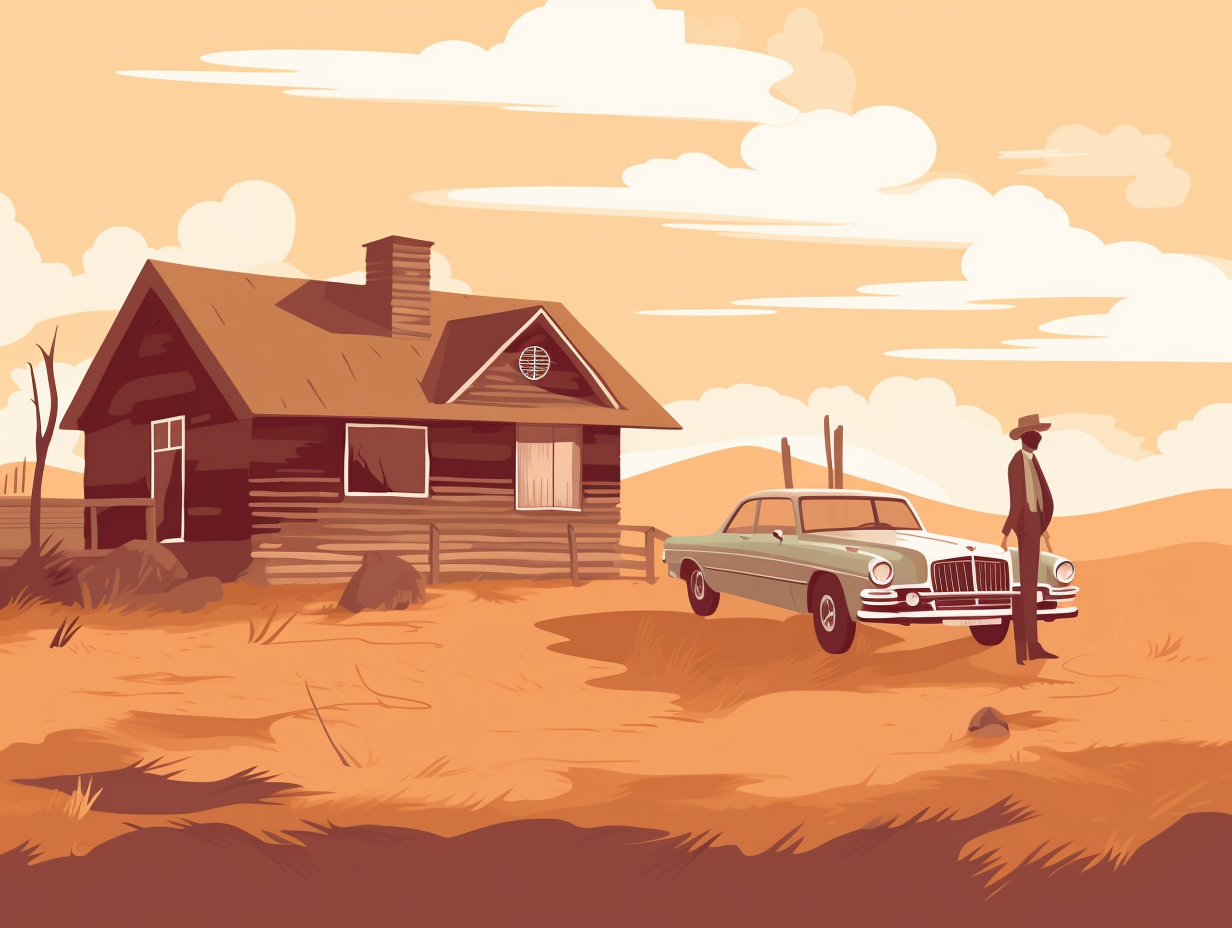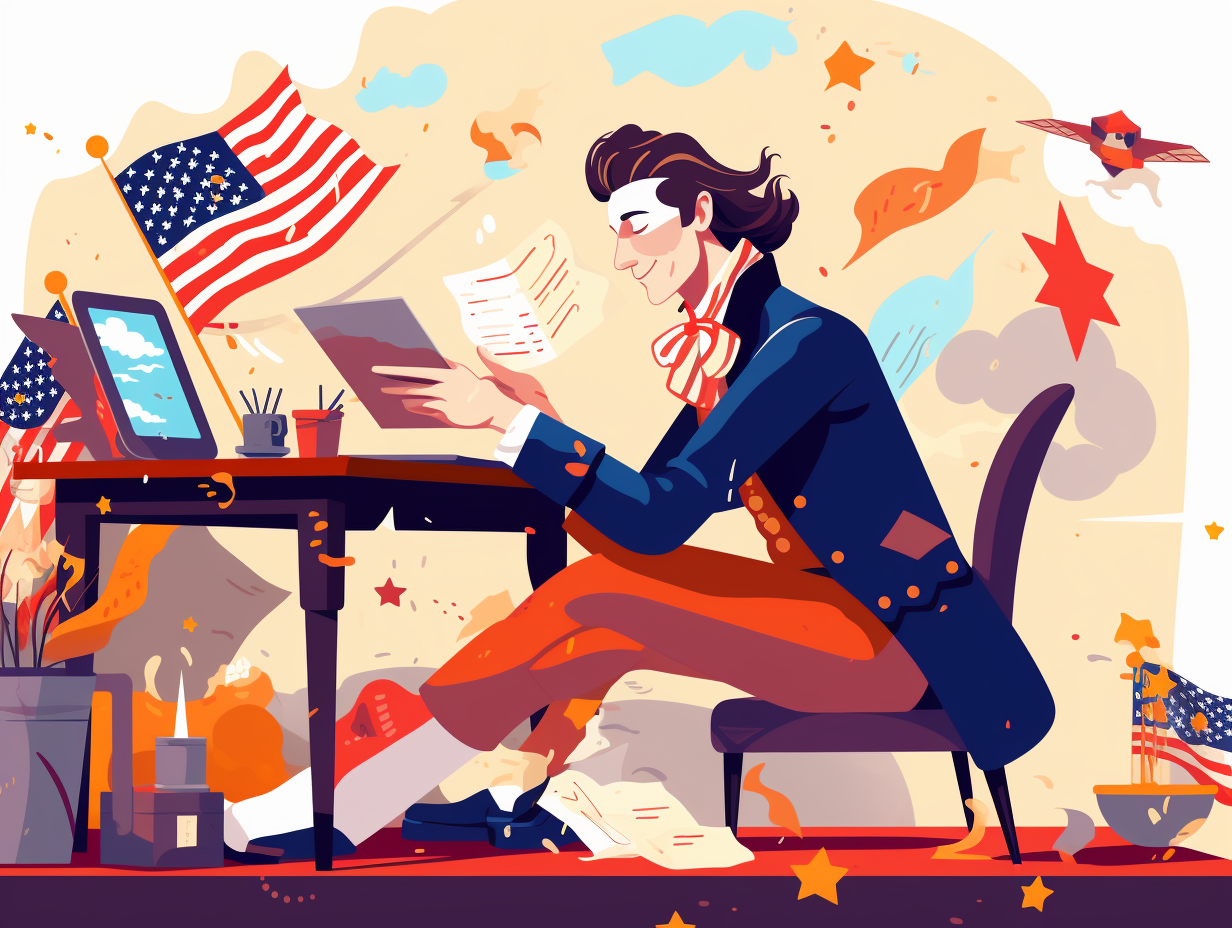Discover the Top 12 Astonishing Fun Facts About the Southern Colonies That'll Make History Enthralling!
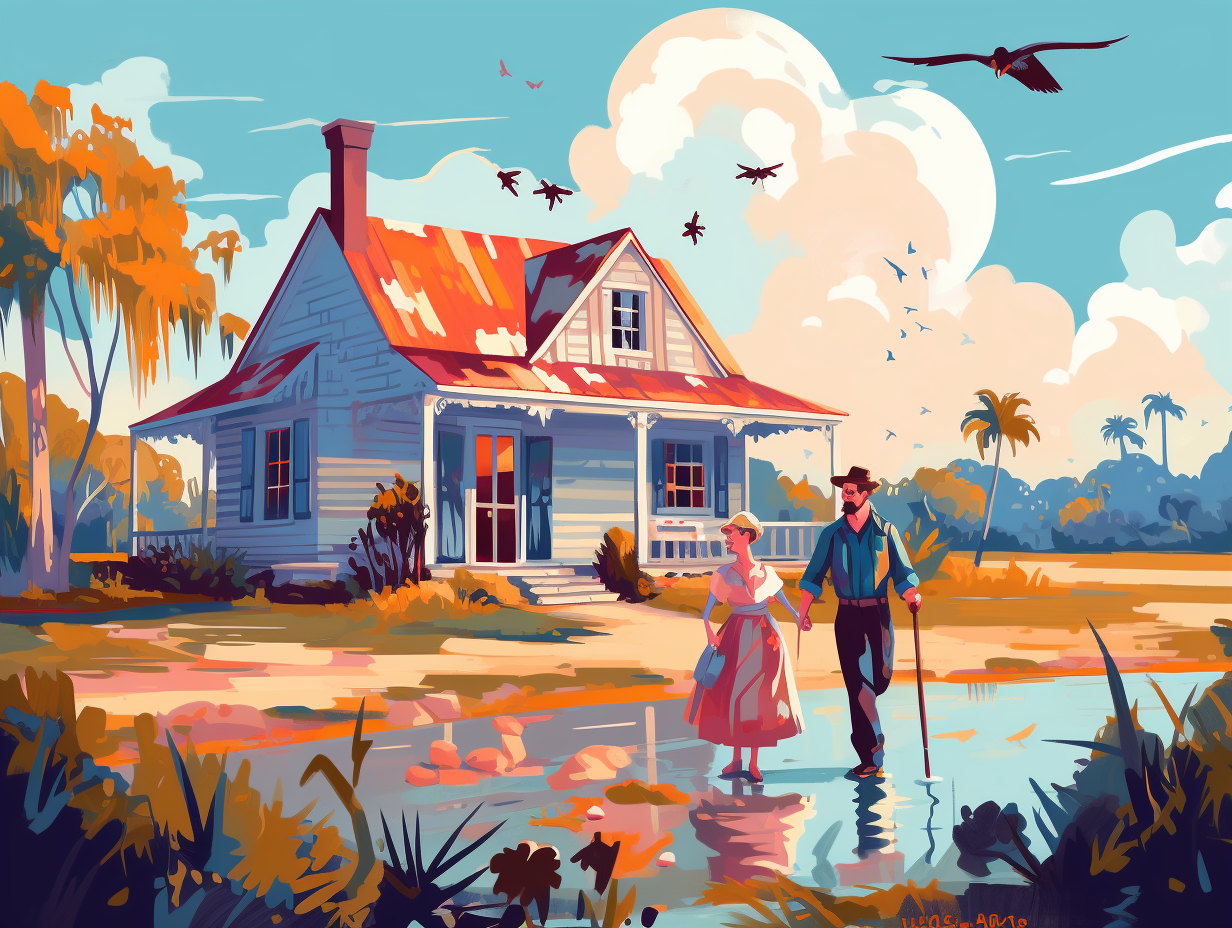
1. Population Boom in the South
Whoever said "the more, the merrier" must have been talking about the southern colonies: Their impressive population growth during the 17th and 18th centuries was due to an influx of European settlers and a decreased mortality rate, rather than an overeager stork population.
Source => faculty.weber.edu
2. Carolina Gold Rice Mystery
Rice to meet you, Carolina Gold: a hotly debated, grainy colonial mystery that continues to puzzle the minds of scholars from every field. Cue the scholarly suspense: The southern colonies' booming rice production, particularly of the Carolina Gold variety, leaves experts wondering whether their mastery of the grain came from African slave knowledge or European agricultural genius - but one thing's for sure, this scrumptious staple built the wealth of the region on the backs of the enslaved.
Source => scseagrant.org
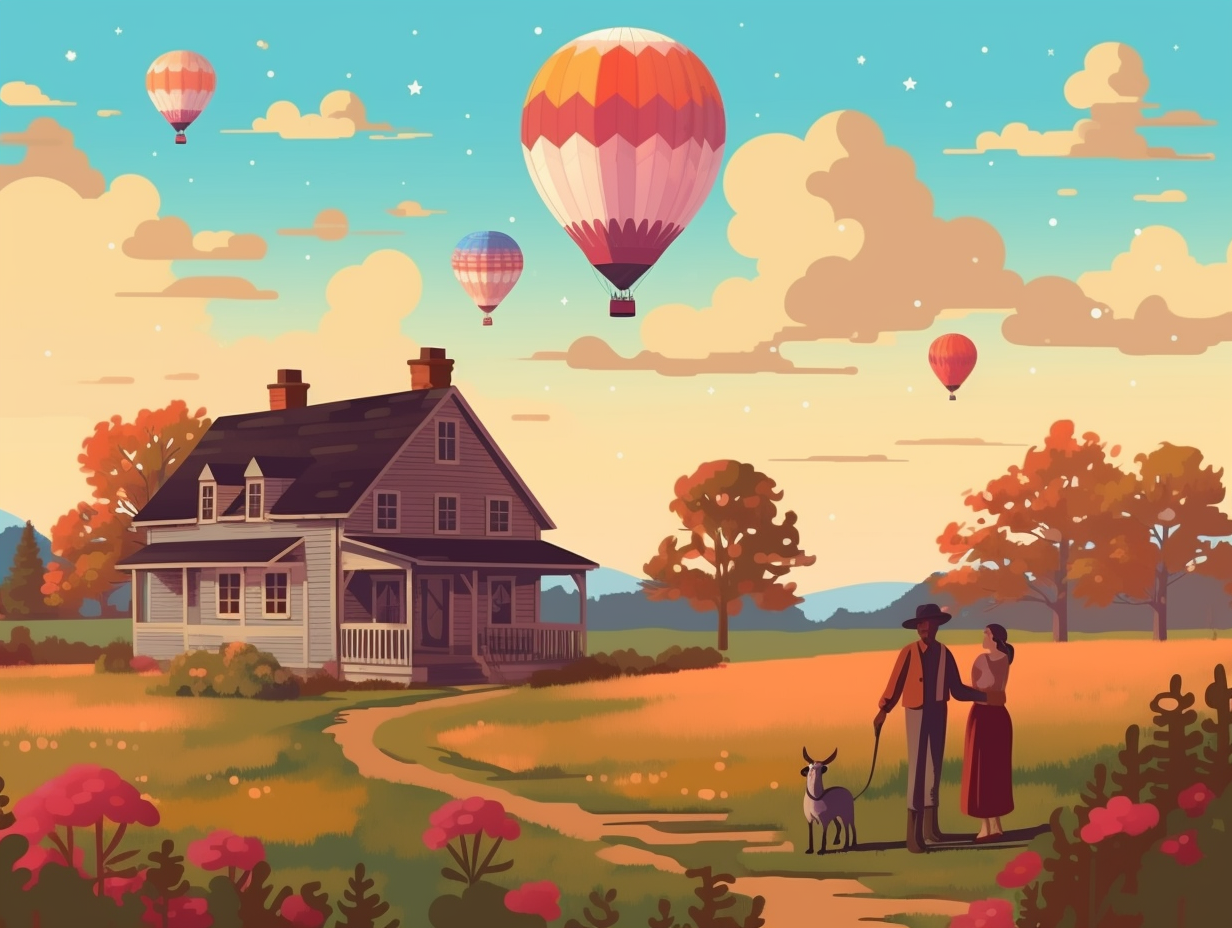
Did you know that New Amsterdam (now New York) was a linguistic hotspot in the 1630s with up to eighteen languages spoken on its streets? Dive into the fascinating world of European and Native American languages, and learn why this colony was truly a melting pot! 🌎🗣️✨
=> Fun Facts about The-13-Colonies
3. Virginia: Birthplace of Bourbon
Before George Washington could chop down cherry trees, he was caught cutting whiskey: Berkeley Plantation in Virginia is where George Thorpe distilled the first American corn whiskey, or "corn beere," in the fall of 1620, thus establishing the state as the birthplace of bourbon. As Scottish and Irish immigrants brought their traditional whiskey, “uisce beatha,” or “water of life,” to Virginia in the 1700s, the state saw more than 3,600 distilleries in operation by 1810, including George Washington's very own rye whiskey distillery at Mount Vernon.
Source => savorva.com
4. Georgia's Friendly Founding
Why did the Georgia settler cross the road? To establish trust with the local American Indian tribes, of course! James Oglethorpe founded Georgia as a colony for the "worthy poor," aiming to build a settlement free of slavery and focused on fostering deep ties with nearby Native tribes to secure the borders of the burgeoning English colony.
Source => geographicus.com
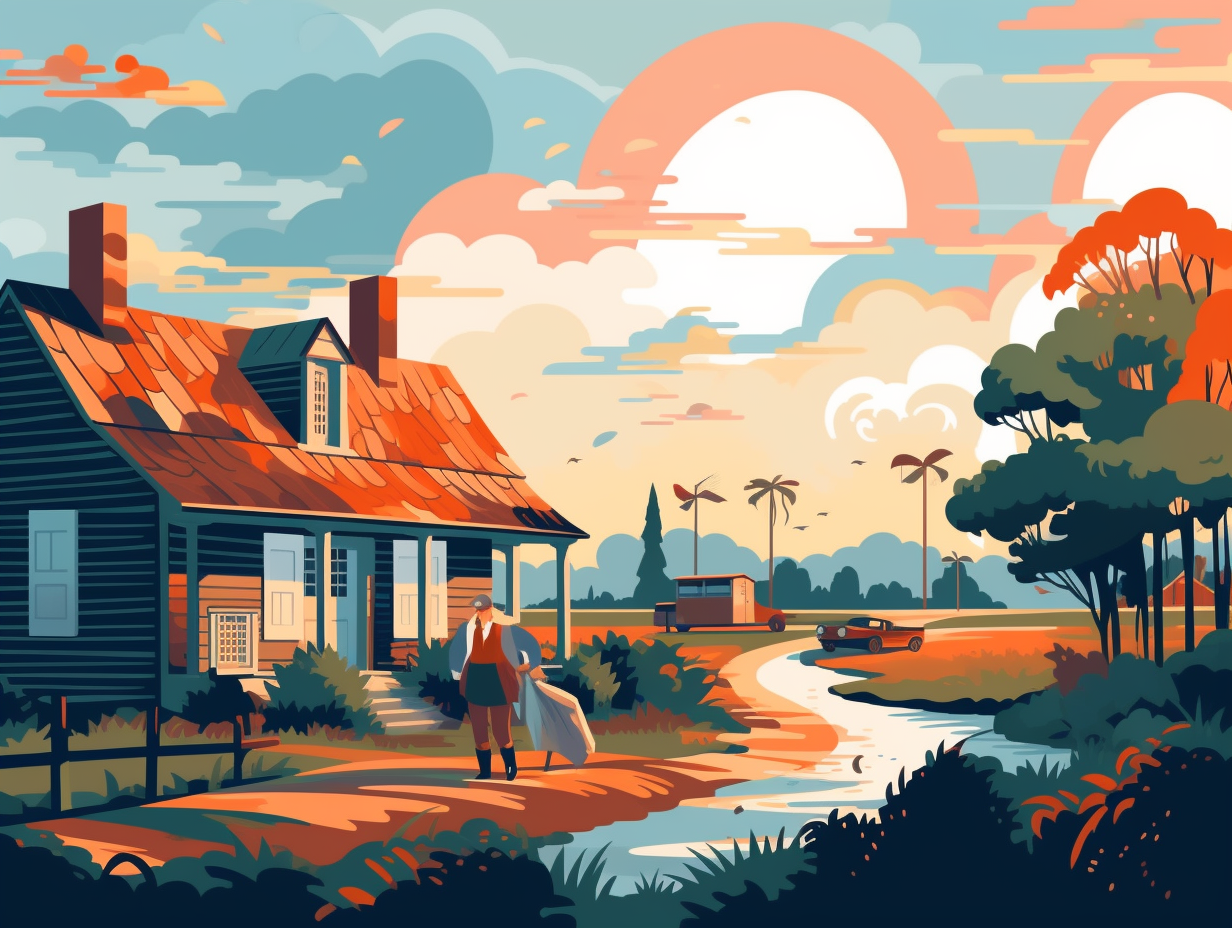
5. Tobacco Planters' Fashion Influence
In the world of colonial fashionistas, tobacco planters were the original influencers, turning their smokin' crop into gold and social clout: John Rolfe's introduction of tobacco to Jamestown sparked a unique tobacco culture in the southern colonies, where high-quality tobacco earned planters social esteem, political authority, and the ability to import lavish clothing and furniture from England, all marked with their distinct tobacco brand seals and signatures.
Source => mrnussbaum.com
6. Slave Labor Central
Why did the Southern colonists invite so many unpaid interns to the plantation parties? They just couldn't resist a labor-intensive guest list: The Southern colonies heavily depended on slave labor due to their focus on cash crops like tobacco and cotton, gradually making slavery the cornerstone of their economy.
Source => ushistory.org
7. Oyster Shell Fertilizers
When life gives you oyster shells, make fertilizers: Ingenious southern colonists overcome tricky agricultural conditions by adopting clever techniques such as crop rotation and crafting fertilizers from oyster shells, successfully sustaining large-scale cultivation and ensuring their economic prosperity.
Source => studentsofhistory.com
8. Plantation Lifestyle Charm
Hold on to your sweet tea and grab a mint julep, y'all: the Southern colonies' high society was built on the straight-out-of-Gone-With-the-Wind plantation lifestyle, complete with an aristocratic class that relied heavily on African slave labor to maintain their wealth and power, giving the colonies an infusion of Southern charm with a unique identity twist.
Source => jstor.org
9. Cashing Crops Economy
Southern Colonies: where "cashing crops" was the name of the game and butter-churning was just for kicks! Leafy green bills weren't a thing yet, but tobacco and rice sure brought in the cha-ching: The economy in these colonies mainly revolved around farming for cash crops, with little focus on commercial or industrial enterprises outside of the occasional carpentry or blacksmith gig.
Source => quizlet.com
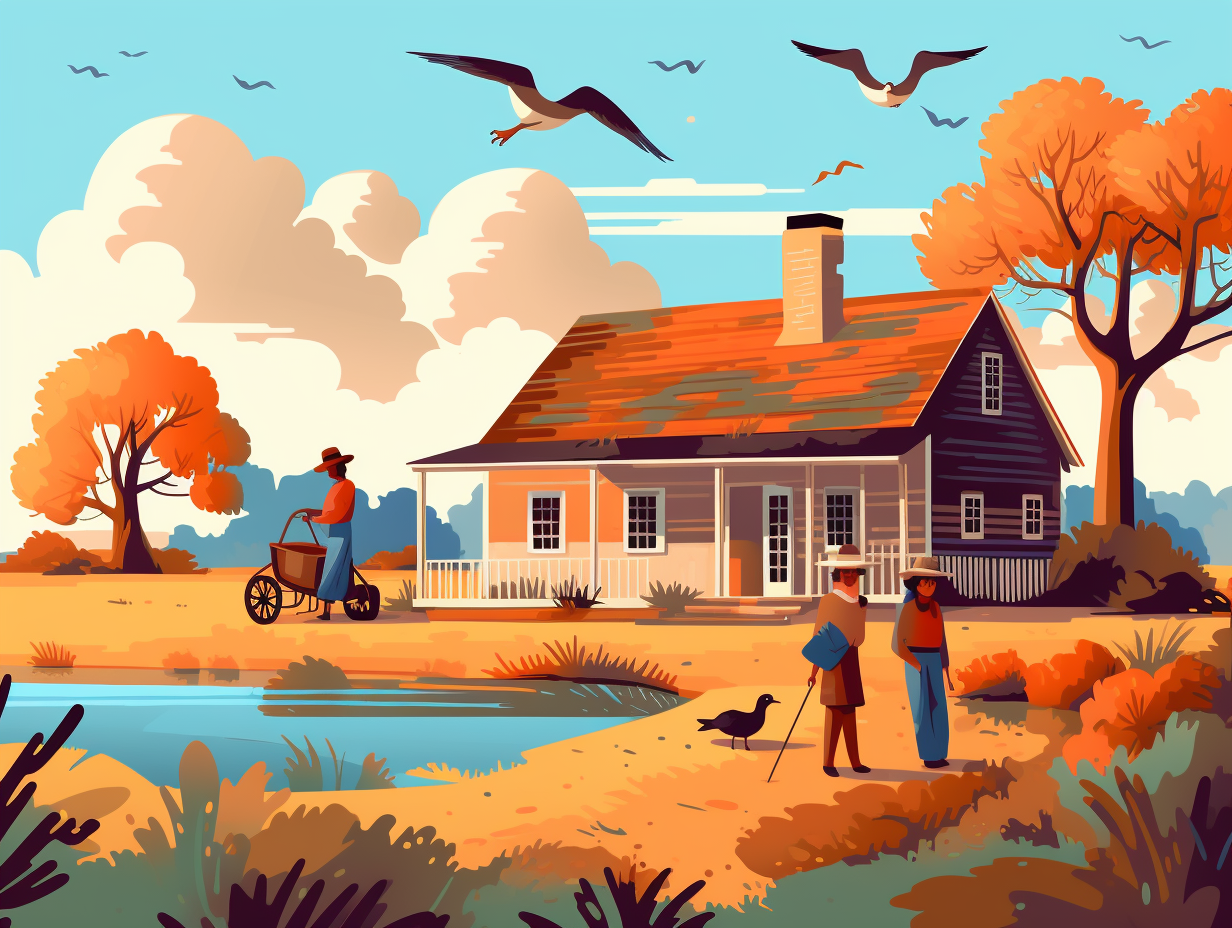
10. Religious Intolerance in the South
In the Southern colonies, religious diversity was treated with less tolerance than ordering pineapple on your pizza: Anglicanism dominated the scene, with Baptists facing harassment, Roman Catholics losing power, and everyone being required to attend church on Sundays under the threat of whipping or fines for failure to comply.
Source => worldhistory.org
11. Southern Ladybosses
Who run the world? Southern women, sort of: In colonial America, white women in the Southern colonies were experts in the glamorous world of soap and candle production, managing households like a boss but never breaking a sweat in the fields, unlike their male, servant, and enslaved counterparts. This bustling hive of ladybosses set them apart from the prim and proper Northern colonies, where Puritan ladies stuck closer to European gender roles and probably had fewer artisanal candles.
Source => nationalgeographic.org
12. Tobacco Hipster Colonists
Here's a hoot-worthy historical tidbit for you: way back when, our dear southern colonists were like a bunch of modern-day hipsters tidying up their beards and jealously guarding their secret coffee shops. It seems they took their tobacco very seriously, yet rather ironically: they loudly proclaimed their love for the plant, but couldn't really commit to consuming it themselves! The hilarious truth: despite growing massive amounts of tobacco for their profit, these southern colonists preferred to ship it off to distant lands, rather than partaking in the pastime of smoking it at home.
Source => blackpast.org
Related Fun Facts

